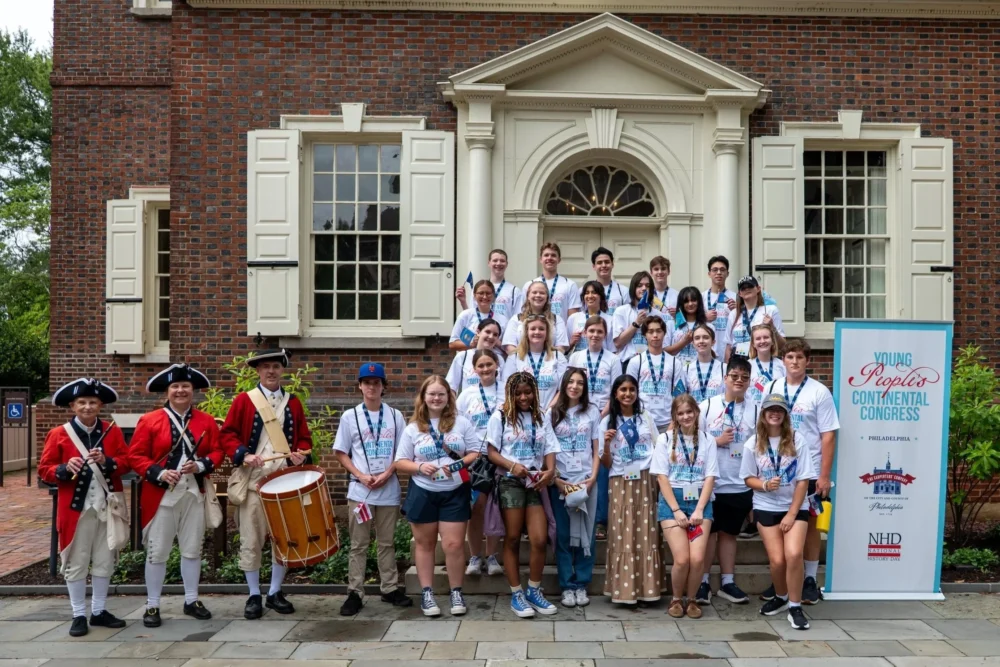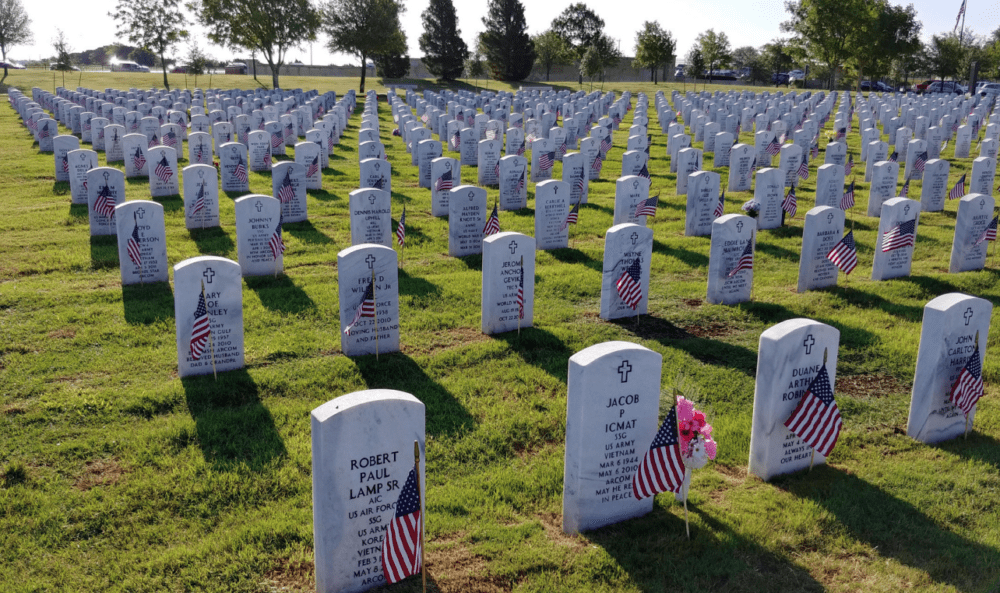The hallmark of American democracy is its commitment to a free and open society. American freedom cannot be realized through a partisan examination of our past, but the opposite: our ability to openly confront all aspects of our shared history without worry of repercussion. Policing the study of history to fit specific narratives and agenda fails in that commitment.
Ignoring the long shadows of the past and viewing history through rose colored glasses would only serve to further entrench systemic failures. Where would America be without calling out violations of liberty and freedom? The very founding of the United States is the result of a violent reckoning with oppression.
The study of history demands critical assessments of previous actions, decisions, and movements, for good or ill. Recognizing the shortcomings of those who came before us is not anti-American, and teaching history is not an act in public relations. Our nation’s teachers and schools must not stop with stories of American successes and celebrations; change is impossible without challenge, and progress cannot be made without perspective.
We must trust our teachers to foster the critical thinking and research skills necessary for students to grapple with the many undercurrents of the diverse and difficult aspects of our history. In order to encourage productive global citizens of the future, National History Day works every day to help educators achieve these goals. We cannot eschew critical thinking and reflection in favor of appeasement to our national conscience. In history we seek truth, and National History Day remains committed to helping the burgeoning torchbearers of our vibrant democracy.



